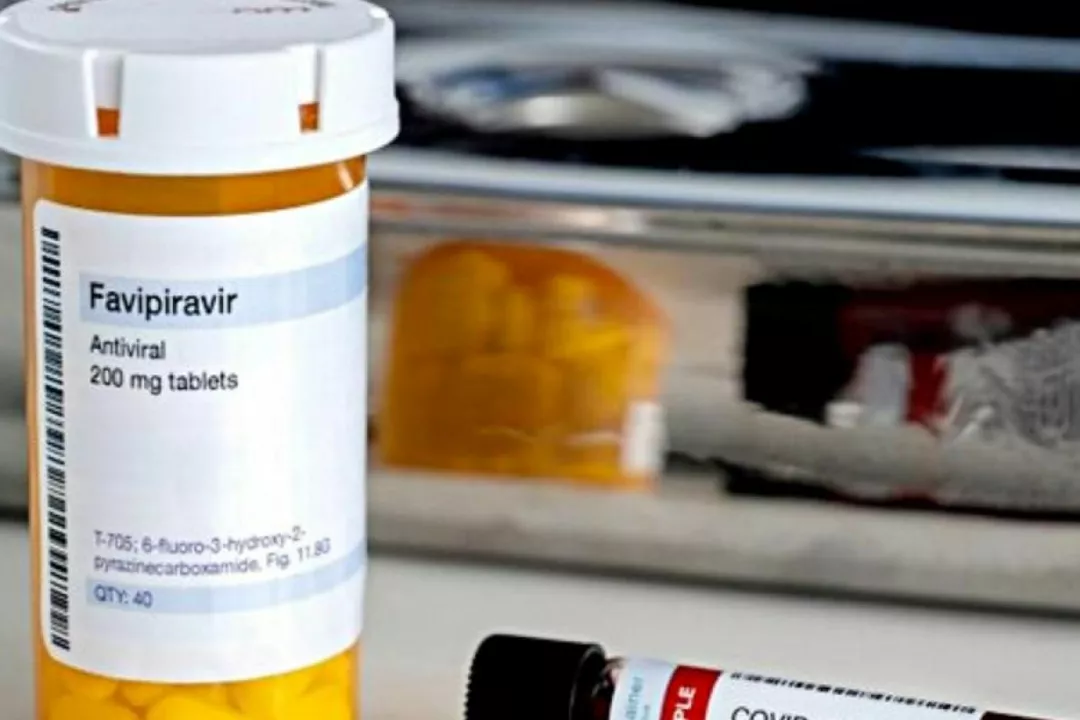Favipiravir is an oral antiviral medicine that fights RNA viruses. It was developed in Japan and later tested for influenza and other viral infections, including in trials for COVID-19. People usually hear about it in news or when looking for alternative antiviral options.
It works by blocking the viral RNA polymerase — that’s the enzyme viruses use to copy their genetic code. With that process slowed, the virus struggles to multiply inside your cells, which can reduce how severe an infection becomes and help the immune system clear it faster. The drug is taken by mouth as tablets or pills.
Favipiravir is approved or authorized for emergency use in some countries for influenza and for COVID-19 during specific outbreaks. Clinical trials produced mixed results: some showed faster viral clearance or shorter time to symptom relief, while others found limited benefits. Different countries and health agencies looked at the same data and made different choices on approval.
Most common side effects are nausea, diarrhea, and raised liver enzymes. Favipiravir can also raise uric acid levels, which matters if you have gout or kidney problems. It may cause birth defects in animal studies, so it is not given to pregnant people and doctors require reliable contraception for people of childbearing potential. Always tell your prescriber if you are pregnant, breastfeeding, or planning to become pregnant.
Because favipiravir affects viral replication rather than symptoms directly, doctors usually start it early in the course of illness for the best chance of benefit. Dosing regimens vary by disease and study; do not copy a dosing plan from the internet. Follow your prescriber's instructions and the product leaflet.
Watch for drug interactions and tell your pharmacist about all medicines and supplements you take. If you have liver disease, kidney disease, or a history of gout, your doctor will weigh the risks and may choose a different treatment.
Where to get it and what to avoid: in many places favipiravir requires a prescription. Buy only from licensed pharmacies and verified online services. Avoid unverified overseas vendors selling unlabeled pills — those can be counterfeit or unsafe. If cost or access is an issue, ask your healthcare team about approved alternatives or supportive care options.
If you or a family member starts favipiravir, monitor symptoms and side effects, and contact your doctor for worsening symptoms, signs of liver problems (yellowing skin, dark urine), or severe allergic reactions. Keep follow-up appointments and have lab tests if your prescriber recommends them.
Questions for your clinician: are there safer alternatives for my situation? How long will I need contraception after treatment? What monitoring will you do for liver function or uric acid? Those simple questions help you get the right treatment and avoid surprises.
If unsure, contact local public health or a pharmacist; they can explain availability, cost, and monitoring steps clearly.
Don't delay asking questions. Stay informed and stay safe.

As a blogger, I've been closely following the advancements in the fight against bioterrorism. One promising development is the role of Favipiravir, an antiviral drug originally developed to combat influenza. This medication has shown potential in treating various viral infections, including those that could be used in bioterrorist attacks. The effectiveness and versatility of Favipiravir make it a valuable asset in our ongoing efforts to protect ourselves from such threats. I'll be keeping a close eye on further research and developments surrounding this important drug.
READ